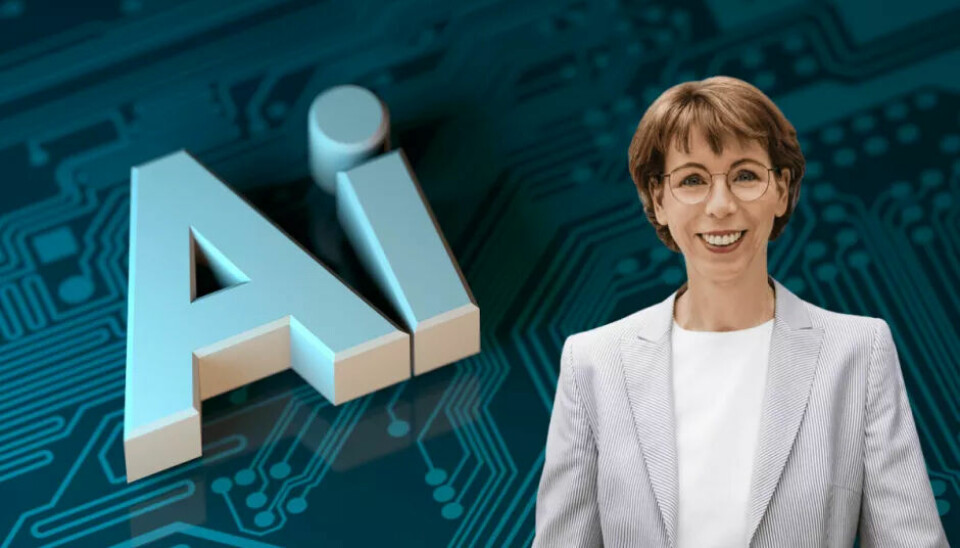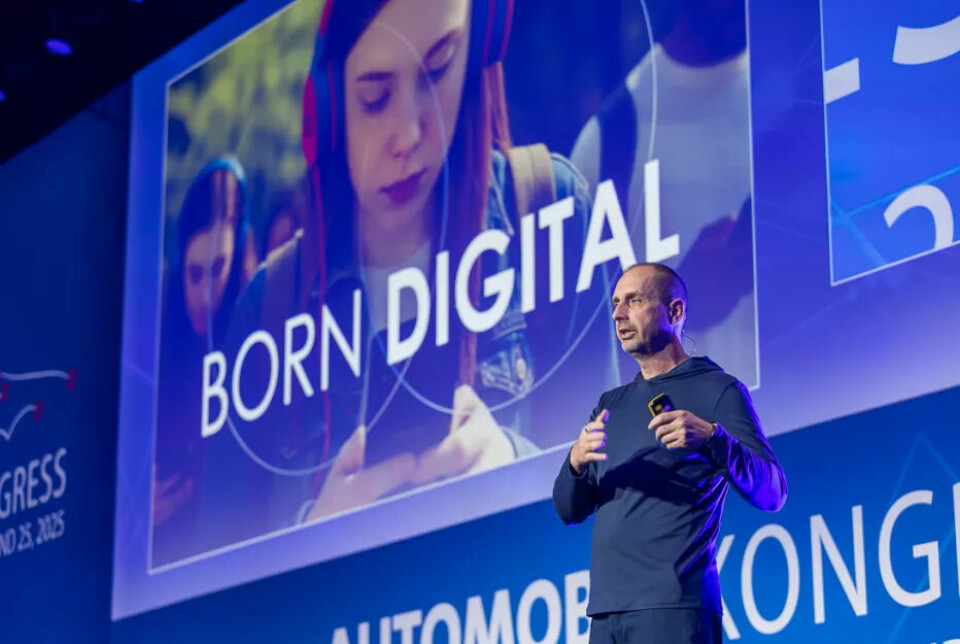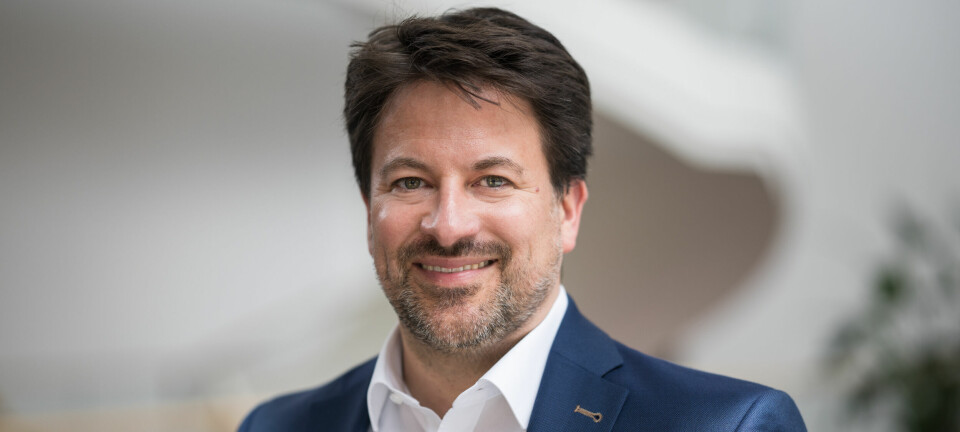Software Defined Vehicles
Focus on industry
Volkswagen wants to democratise AI – and save billions

To what extent can the use of AI offer a new perspective to struggling car manufacturers? Europe's largest OEM is focusing on an AI offensive and a 'Large Industry Model'. Recently, a dedicated AI Lab has been established. What does the overall strategy look like?
Volkswagen's IT board member Hauke Stars now discusses new ideas with an AI chatbot – a personal indicator of how rapidly the significance of artificial intelligence has changed in the everyday life of the company. Speaking to the German magazine Spiegel, Stars explains that she started with simple applications, such as summarising analyses or drafting speeches. Today, the goal is for AI to save each employee half an hour of work per day.
The message is clear: AI should not only be a product at Volkswagen but also a tool – a lever that increases efficiency, relieves employees, and simultaneously strengthens Europe's technological sovereignty.
Between in-house development and strategic openness
Volkswagen pursues a pragmatic approach. Not every solution has to come from within - this is exemplified by the case of the BeetleBot, an internally developed chatbot for text generation. It was shut down because a good solution was purchased. "We don't have to develop everything ourselves," Stars told Spiegel.
At the same time, the company is deliberately advancing its own models. Particularly advanced is an AI system for the analysis of materials: a team has fed it with data and studies from 15 years. What used to mean days of research is now done with a prompt. They want to fully exploit the potential of artificial intelligence within the company. But it's not about entire processes, rather individual tasks.
By 2030, the AI strategy is expected to help save billions annually. Economic efficiency is thus firmly anchored in governance – as is the flexibility of the system architecture. Because: Volkswagen has always ensured that its AI solutions can replace the model that uses the data, Stars said with regard to geopolitical tensions.
AI made in Europe: From language model to industrial twin
The IT board member makes no secret of the fact that Volkswagen does not want to catch up where others already dominate. It makes no sense to try to catch up with US corporations or others in language models. Europe has other competencies. Her answer: a Large Industry Model – an AI system trained on industrial processes that enables data-based optimisations in production, development, purchasing, and supply chain.
The basis for this could be Catena-X: a cross-industry data cooperation that links supplier information and future requirements such as the battery passport. We are still at the beginning, Stars said, but the ambition is high: "Our industrial core is stronger than that of other regions – including Silicon Valley," Stars said in the Spiegel interview.
Scouting ideas without regard for political constraints
To systematically identify innovative ideas and develop them independently, Volkswagen established its own AI Lab at the beginning of 2024. It aims to detect AI innovations worldwide and rapidly integrate them into brand and software structures. "We aim to connect external digital ecosystems with the vehicle," says CEO Oliver Blume. The goal: new customer experiences through smart assistants, predictive maintenance, charging management, or smart home integration.
Unlike traditional R&D units, the experts at the Lab operate autonomously: independent of existing collaborations, they can evaluate new partners and advance ideas to the proof of concept stage. Only then do brands or the software subsidiary Cariad take over development to market maturity.
New roles: AI managers as conductors and enablers
Parallel to the Lab initiative, new job profiles are emerging: Mohsen Sefati, Head of AI Architecture and Capabilities at Cariad, embodies the new leadership class. His task: technology scouting, proof of concepts, integration into software stacks - but also leadership.
"I see my task as a leader in using the expertise and skills of my teams to set up development projects optimally and bring them to a successful conclusion," explains Sefati. His department "Situation Interpretation and AI" develops cognitive models that understand and predict traffic situations in urban areas - a core task for autonomous driving.
AI managers like Sefati operate across the group. They build ecosystems, structure data flows, define frameworks, and analyse which technologies are ready for series production. "In our job, we need to know the entire lifecycle of the data," he says.
Change from the engine room
Volkswagen wants to achieve the balancing act: scaling AI as an industrial technology - and at the same time embedding it culturally in the company. The openness among the workforce is there, also because the benefits are so tangible. Some research used to take days, now it can be done with a request and in a very short time. And even though job cuts - 35,000 at VW, 7,500 at Audi - are a reality, the line remains clear: AI is to help make work more efficient - not make people redundant.
The technological breakthrough at Volkswagen is strategically well-supported, economically motivated, and politically conscious. Instead of getting lost in the race for the next language model, the company focuses on what it believes it does best: industrial excellence.
Germany's largest private company wants to define AI not as a short-term buzzword, but as a long-term lever. With a flexible system architecture, a European value compass, and units like the AI Lab, the company aims not only to spot innovations - but to systematically integrate them into its DNA.
This article was first published at automotiveit.eu



